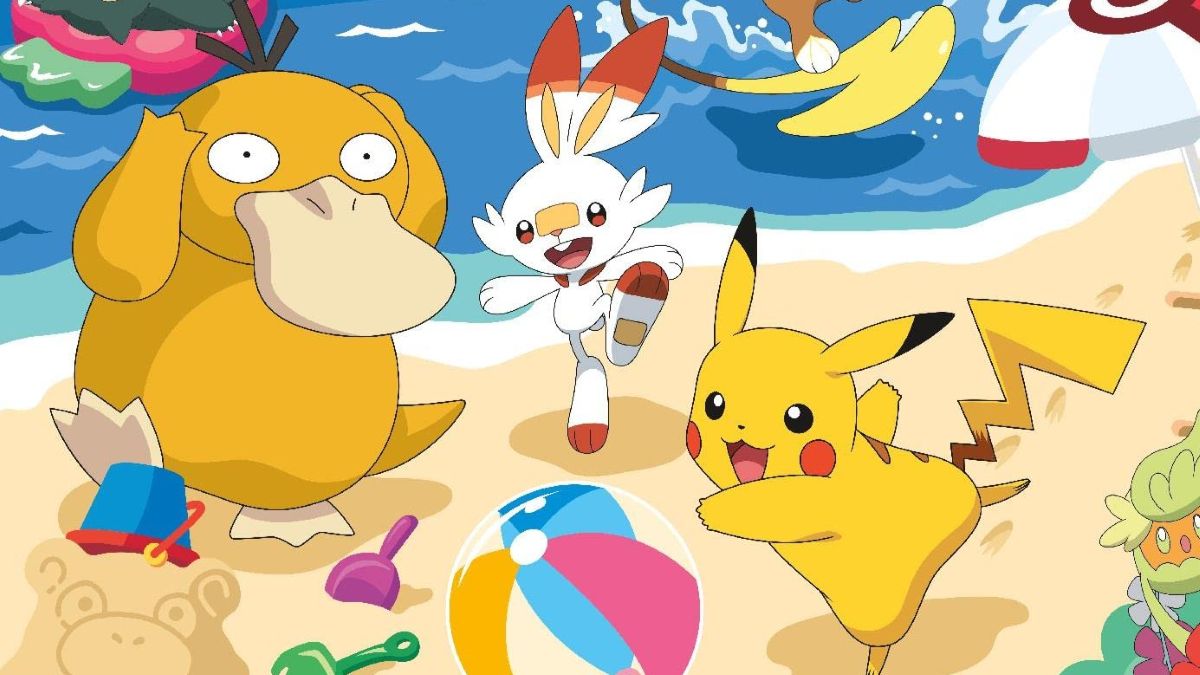Nintendo’s Paper Mario franchise has been around for almost 20 years now, and each of its six games is beloved in its own right, usually because of the stellar writing and fun mechanics. In the newest entry, Paper Mario: The Origami King, the series’ reputation for humor continues, as this might be the funniest Paper Mario game yet.
As with most games starring the mustachioed plumber, Mario and Luigi have been invited to an important event — this time around, it’s the Origami Festival, at Peach’s Castle. When they get there, they find the place empty. Before long, the brothers get separated and Mario runs into King Olly, the titular Origami King, and his sister, Olivia, who doesn’t much approve of her brother’s tyranny. King Olly uses his mastery of folding paper to turn the kingdom’s many Toads and Bowser’s minions into evil folded versions of themselves, and he captures the castle, wrapping it in streamers and whisking it away to a faraway mountain. Olivia joins forces with Mario and together they escape (with some help), kicking off the adventure proper.
The first startling revelation about The Origami King is how Nintendo and Intelligent Systems abandoned the vaunted RPG elements of previous games to create a much more action-focused experience. Sure, there are still turn-based battles, but XP is no longer awarded, and as a result, Mario never levels up as in past games. Instead, taking a page from the Zelda franchise, Mario gets stronger by taking down bosses and collecting power-up hearts, which extend his life gauge and give him more attack power along with other assorted boosts. Defeating bosses also unlocks bigger and better weapons, items, and accessories that can be purchased, creating the illusion of character growth.
This means that battles against folded up versions of classic villains don’t really have any bearing on Mario’s experience. Each battle awards coins, which can be used at various shops to buy new weapons, power-ups, and accessories, the latter of which can be stacked to boost both attack and blocking power. Paper Mario: The Origami King is driven solely by the collection of these gold coins, and the battles award plenty, giving you incentive to take on the denizens of “origamized crime” over and over to build up a huge bank.
The combat is such a departure from other Paper Mario titles that it’s almost a series of puzzle games in itself. Mario stands in the center of a circular grid, with enemies surrounding him from different positions on the board. You get a set number of moves per battle to move the grid’s rings and slide the rows of enemies to line them up for a power attack, all within a set time limit. Enemies in a straight line can be jumped on with a successive boot attack, and bunched enemies can be hit with a blow from your trusty hammer. This sounds complicated, and to be honest, I’m still mastering the concept, as the stress of the ever-present timer is enough to make even the most seasoned player make a bad decision. Luckily, Mario has a block to mitigate a portion of any attacks, but the learning curve of this puzzle-based combat can be tricky.

Boss battles follow the same concept, just on a bigger scale. This time though, the boss now sits in the center of the rings and Mario is on the outside. Each boss seems to have its own mechanic that allows you to rearrange the battlefield to your advantage, and each of the boss battles has been epic. Adding the puzzle-solving on top of turn-based battles makes even the simplest confrontation a drawn-out affair. Boss battles can easily last 15-20 minutes, and regular battles take three to five minutes, even in the starting sections of the game.
Paper Mario: The Origami King also makes use of the Switch’s motion controls. While standing on special markers, Mario can call upon Olivia to make use of a power move, like the Thousand-Fold Arms, which lets Mario grab parts of the background to find new secrets and more. The player uses the Joy-Con to physically reach up and grab (or interact) with the ZL and ZR triggers. Motion controls can be turned off in the menu, but using them adds to the fun.
In a true return to form, the writing and story are some of the best in the series, and I even found myself laughing out loud at times. Previous games had chuckle-worthy moments, but this game is on a different level. It’s not just puns — and there are plenty of puns — or even inside jokes, again for which there are many; it’s the level of self-deprecating humor. Let’s face it; the concept of Mario as a whole is outlandish at best, and Paper Mario has no qualms about making fun of those concepts, at the expense of the characters themselves. The humor is what makes the series a fan-favorite, and The Origami King might very well be the funniest game in the franchise.
When you’re not busy progressing through the main story, there are plenty of secrets to seek out, mainly in the form of Toads that have been folded up and discarded. Each time Mario frees one, they return to help during battles as spectators, and they can even deal damage or give hints to the ring puzzles — for the price of a few coins, that is. There are also plenty of treasure chests and more to find in each of the game’s six worlds, which offer a respite from the puzzle game battles, epic boss confrontations, and downright silliness.
Paper Mario: The Origami King does a great job of building upon the Paper Mario mythos, as the introduction of the Origami race makes perfect sense. While it’s not as grandiose as Super Mario Odyssey in scale, there is still an amazing — though oftentimes frustrating — experience to be had. The combat can be daunting, especially towards the end, but I would gladly endure those frustrations just so I can play through the story. I enjoy playing games that make me laugh, and Paper Mario: The Origami King does that and more.
This review is based on the Nintendo Switch version of the game. A copy was provided to us by Nintendo.










Published: Jul 30, 2020 12:00 pm